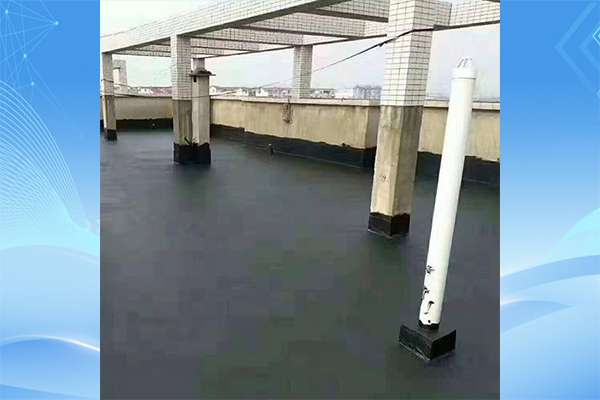
研发 / 生产 / 销售 / 施工 / 售后
In the chemical industry, waterproofing and corrosion resistance are crucial for the longevity and safety of structures and equipment. One common method used in the industry is the use of cyanide coatings, also known as cyaniding or cyanide hardening.
Cyaniding involves the introduction of a cyanide salt into a heated metal surface, creating a thin layer of cyanide compound that improves the surface hardness and wear resistance of the metal. This process also provides a layer of corrosion resistance, making it an effective method for preventing rust and other forms of corrosion.
However, the use of cyanide coatings has become increasingly controversial due to the potential health and environmental risks associated with the use of cyanide salts. Cyanide is a highly toxic substance that can cause severe health problems if ingested, inhaled, or absorbed through the skin. In addition, the improper disposal of cyanide waste can lead to environmental pollution and damage to ecosystems.

To address these concerns, alternative methods for waterproofing and corrosion resistance have been developed in the chemical industry. One effective method is the use of barrier coatings, which provide a protective barrier between the metal surface and the surrounding environment.
Barrier coatings can be made from a variety of materials, including polymers, ceramics, and metals. These coatings can be applied using a variety of methods, including spraying, dipping, and electroplating. Barrier coatings are effective at preventing corrosion by preventing the metal surface from coming into contact with water, oxygen, and other corrosive substances.
Another method used in the chemical industry for waterproofing and corrosion resistance is the use of epoxy coatings. Epoxy coatings are made from a mixture of resins and hardeners, creating a durable and chemically resistant material. Epoxy coatings can be applied to a variety of surfaces, including concrete, metal, and wood, and are effective at preventing water damage and corrosion.
In addition to barrier coatings and epoxy coatings, the chemical industry has also developed a variety of other methods for waterproofing and corrosion resistance, including cathodic protection, sacrificial anodes, and corrosion inhibitors. These methods are designed to prevent the flow of electrons between the metal surface and the surrounding environment, reducing the risk of corrosion.
In conclusion, while cyaniding has been a commonly used method for waterproofing and corrosion resistance in the chemical industry, the potential health and environmental risks associated with the use of cyanide salts have led to the development of alternative methods. Barrier coatings, epoxy coatings, and other methods have proven effective at preventing water damage and corrosion, without the potential risks associated with cyanide coatings. As the industry continues to evolve, it is likely that new and innovative methods for waterproofing and corrosion resistance will continue to be developed.